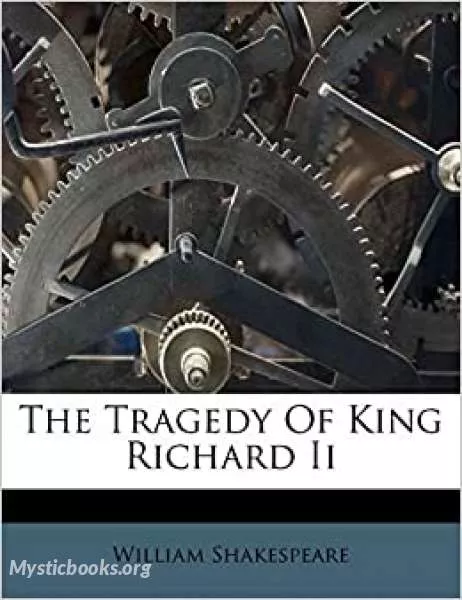
The Tragedy of King Richard II
'The Tragedy of King Richard II' Summary
The play spans only the last two years of Richard's life, from 1398 to 1400. It begins with King Richard sitting majestically on his throne in full state, having been requested to arbitrate a dispute between Thomas Mowbray and Richard's cousin, Henry Bolingbroke, later Henry IV, who has accused Mowbray of squandering money given to him by Richard for the king's soldiers and of murdering Bolingbroke's uncle, the Duke of Gloucester. Bolingbroke's father, John of Gaunt, 1st Duke of Lancaster, meanwhile, believes it was Richard himself who was responsible for his brother's murder. After several attempts to calm both men, Richard acquiesces and it is determined that the matter be resolved in the established method of trial by battle between Bolingbroke and Mowbray, despite the objections of Gaunt.
The tournament scene is very formal with a long, ceremonial introduction, but as the combatants are about to fight, Richard interrupts and sentences both to banishment from England. Bolingbroke is originally sentenced to ten years' banishment, but Richard reduces this to six years upon seeing John of Gaunt's grieving face, while Mowbray is banished permanently. The king's decision can be seen as the first mistake in a series leading eventually to his overthrow and death, since it is an error which highlights many of his character flaws, displaying as it does indecisiveness (in terms of whether to allow the duel to go ahead), abruptness (Richard waits until the last possible moment to cancel the duel), and arbitrariness (there is no apparent reason why Bolingbroke should be allowed to return and Mowbray not). In addition, the decision fails to dispel the suspicions surrounding Richard's involvement in the death of the Duke of Gloucester – in fact, by handling the situation so high-handedly and offering no coherent explanation for his reasoning, Richard only manages to appear more guilty. Mowbray predicts that the king will sooner or later fall at the hands of Bolingbroke.
John of Gaunt dies and Richard seizes all of his land and money. This angers the nobility, who accuse Richard of wasting England's money, of taking Gaunt's money (belonging by rights to his son, Bolingbroke) to fund war in Ireland, of taxing the commoners, and of fining the nobles for crimes committed by their ancestors. They then help Bolingbroke to return secretly to England, with a plan to overthrow Richard. There remain, however, subjects who continue to be faithful to the king, among them Bushy, Bagot, Green and the Duke of Aumerle (son of the Duke of York), cousin of both Richard and Bolingbroke. When King Richard leaves England to attend to the war in Ireland, Bolingbroke seizes the opportunity to assemble an army and invades the north coast of England. Executing both Bushy and Green, Bolingbroke wins over the Duke of York, whom Richard has left in charge of his government in his absence.
Upon Richard's return, Bolingbroke not only reclaims his lands but lays claim to the very throne. Crowning himself King Henry IV, he has Richard taken prisoner to the castle of Pomfret. Aumerle and others plan a rebellion against the new king, but York discovers his son's treachery and reveals it to Henry, who spares Aumerle as a result of the intercession of the Duchess of York while executing the other conspirators. After interpreting King Henry's "living fear" as a reference to the still-living Richard, an ambitious nobleman (Exton) goes to the prison and murders him. King Henry repudiates the murderer and vows to journey to Jerusalem to cleanse himself of his part in Richard's death.
Book Details
Language
EnglishOriginal Language
EnglishPublished In
1595Authors

William Shakespeare
United Kingdom
William Shakespeare was born on April 23, 1564, in Stratford-upon-Avon. The son of John Shakespeare and Mary Arden, he was probably educated at the King Edward VI Grammar School in Stratford, where he...
Books by William ShakespeareDownload eBooks
Listen/Download Audiobook
- Select Speed
Related books

Zaragoza by Benito Pérez Galdós
“Zaragoza” narra la épica defensa de la ciudad de Zaragoza contra el ejército francés durante la Guerra de la Independencia Española. Galdós, a través...

The Story of a Monkey on a Stick by Laura Lee Hope
This is an engaging children's book filled with delightful adventures. The book offers an entertaining and educational experience for young readers. O...

Rescue Dog of the High Pass by Jim Kjelgaard
Franz Halle, a young boy living in a Swiss village, feels inadequate due to his lack of academic skills. However, he possesses a profound understandin...
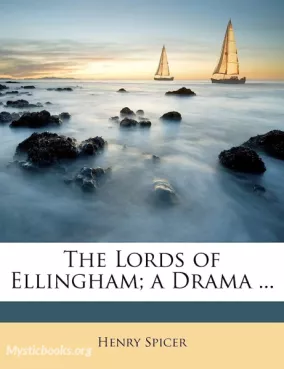
The Lords of Ellingham by Henry Spicer
Join the thrilling quest in The Lords of Ellingham, an enthralling book crafted by the talented author Henry Spicer. In this captivating tale, readers...
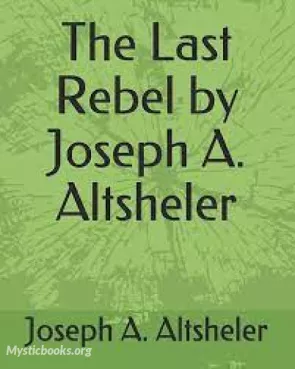
The Last Rebel by Joseph A. Altsheler
This is an enthralling historical adventure that transports readers to the tumultuous period of the American Civil War. This captivating novel immerse...
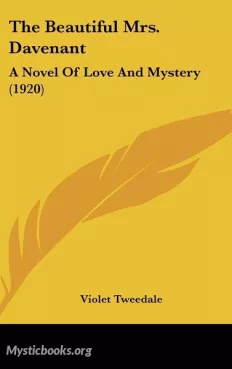
The Beautiful Mrs. Davenant by Violet Tweedale
Behind the facade of high society lies a captivating tale of forbidden desires, dangerous liaisons, and a woman's quest for personal happiness in "The...

Wilhelm Tell by Friedrich Schiller
Wilhelm Tell is a historical drama by German poet and playwright Friedrich Schiller. It was completed in 1804 and is considered one of his most import...
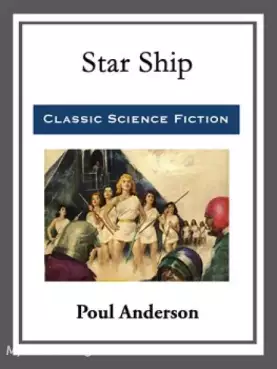
Star Ship by Poul William Anderson
The strangest space-castaways of all! The Terrans left their great interstellar ship unmanned in a tight orbit around Khazak—descended, all of them, i...
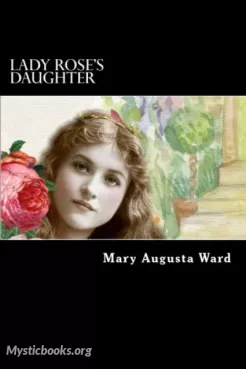
Lady Rose's Daughter by Mary Augusta Ward
It is a historical novel that tells the story of a young girl named Lady Rose, who is the daughter of a famous actress. Lady Rose is brought up in a w...
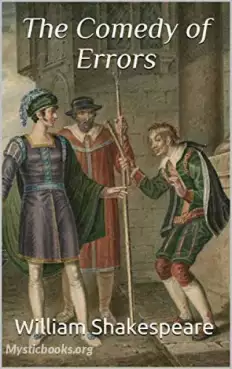
The Comedy of Errors by William Shakespeare
The Comedy of Errors is one of William Shakespeare's early plays. It is his shortest and one of his most farcical comedies, with a major part of the h...
Reviews for The Tragedy of King Richard II
No reviews posted or approved, yet...